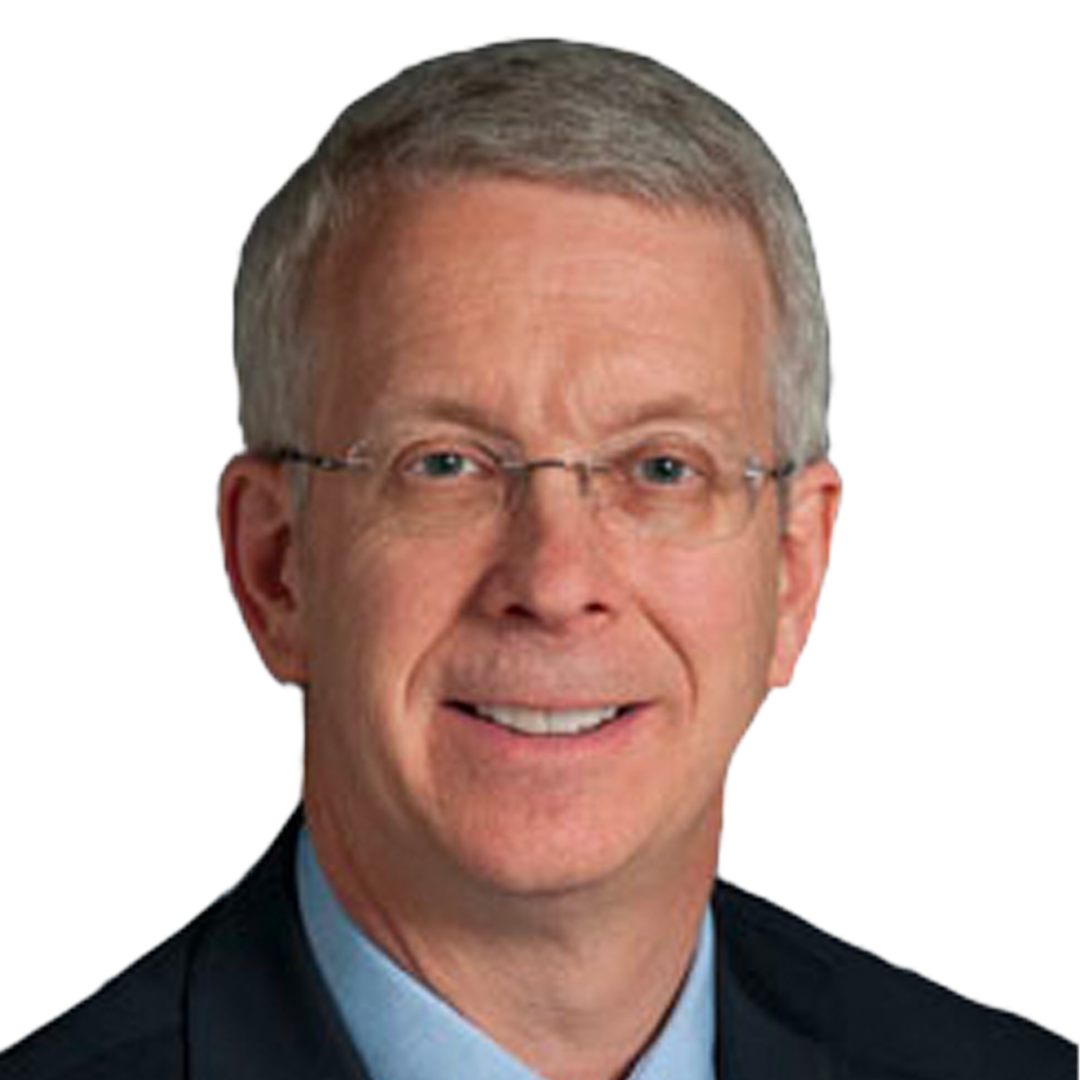Faculty
Prof Hugh Calkins

Position: Professor of Medicine and Director of Electrophysiology
Location: Baltimore, US
Dr Hugh Calkins is Professor of Medicine and Director of Electrophysiology at the Johns Hopkins Medical Institution in Baltimore, US.
He has clinical and research interests in the treatment of cardiac arrhythmias with catheter ablation, the role of device therapy for treating ventricular arrhythmias, the evaluation and management of syncope and the study of arrhythmogenic right ventricular dysplasia. He has certifications from the American Board of Internal Medicine in Cardiovascular Disease (1989), Clinical Cardiac Electrophysiology (1992) and Internal Medicine (1986).
Dr Calkins has over 38 years of experience in the medical field. He is an Associate Editor of the Journal of Cardiovascular Electrophysiology and is on the editorial board of several prestigious publications including The Journal of the American College of Cardiology; HeartRhythm and Circulation: Arrhythmia and Electrophysiology. He is a former member of the American Board of Internal Medicine Electrophysiology Boards Test Writing Committee. Dr Calkins is a fellow of the American College of Cardiology, the American Heart Association and the Heart Rhythm Society. He led a 44-member international task force whose 2012 Expert Consensus Statement gave recommendations for treatment and research of atrial fibrillation. Dr Calkins is also a past president of the Heart Rhythm Society and was elected to be a member of the Miler Coulsen Academy of Clinical Excellence in 2014.
Over two decades ago Dr Calkins founded the Johns Hopkins ARVC Program, which is the largest and most comprehensive clinical and ARVC research program in the world. He is currently leading several research studies in the field on the topics of the role of exercise in ARVC, assessing the risk of sudden death in patients and the relationship between specific genetic mutations and some clinical features of the disease.
